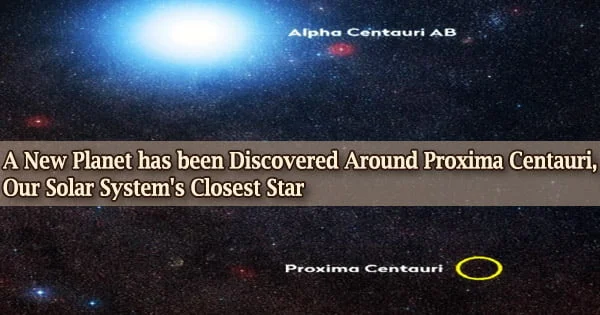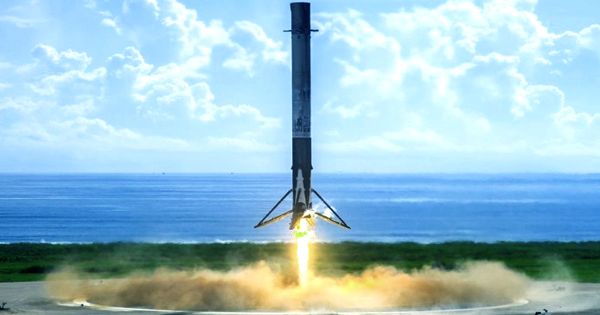In April, NASA awarded Elon Musk’s SpaceX a $2.89 billion contract to develop the landing system, which was used to bring astronauts safely to the moon as part of the Artemis mission. Jeff Bezos’s Blue Origin, however, was not impressed with the loss and now has a proposal to spend twice as much. Originally, NASA was expected to compete for two contracts from three potential companies (SpaceX, Blue Origin, and Dynamics), but only decided at the last minute to choose the SpaceX proposal. The price difference was the subject of controversy for the more expensive Blue Origin, which accused SpaceX of giving an unfair advantage to SpaceX by allowing it to revise the price of its lunar lander proposal after a change in NASA’s budget.
For this reason, in April, Bezos’s company filed a complaint against NASA with the Office of Public Accountability (GAO). The decision from GAO is expected early next month. Bezos has now approached NASA with a new proposal. In an open letter to NASA Administrator Bill Nelson, he waived off up to $2 billion for the current and next fiscal year, “proposing to close NASA’s near-term budget deficit and bring competition back into the human landing system program,” orbital missions to test technology.
“I believe this mission is important. I am honored to be able to make these contributions and I am grateful to be in a financial position to be able to do so. NASA has moved away from its core dual-source acquisition strategy due to problems near the budget and the proposal removes that hurdle,” Bezos said in the letter. Due to the change in the tone of Bezos, people are skeptical that GAO will not be on his side and his company in terms of awarding the contract. NASA wanted two companies to build human landing systems but Blue Origin paid $ 5.99 billion to its lander, which is beyond the space agency’s budget.
Despite President Joe Biden’s request to the Federal Budget Agency for NASA’s largest budget for science in 2022, it is still only 0.41 percent of the total budget for the year. Bezos lobbied for an increase in NASA’s budget. When it passes the Senate, it closes in the House of Representatives.
















